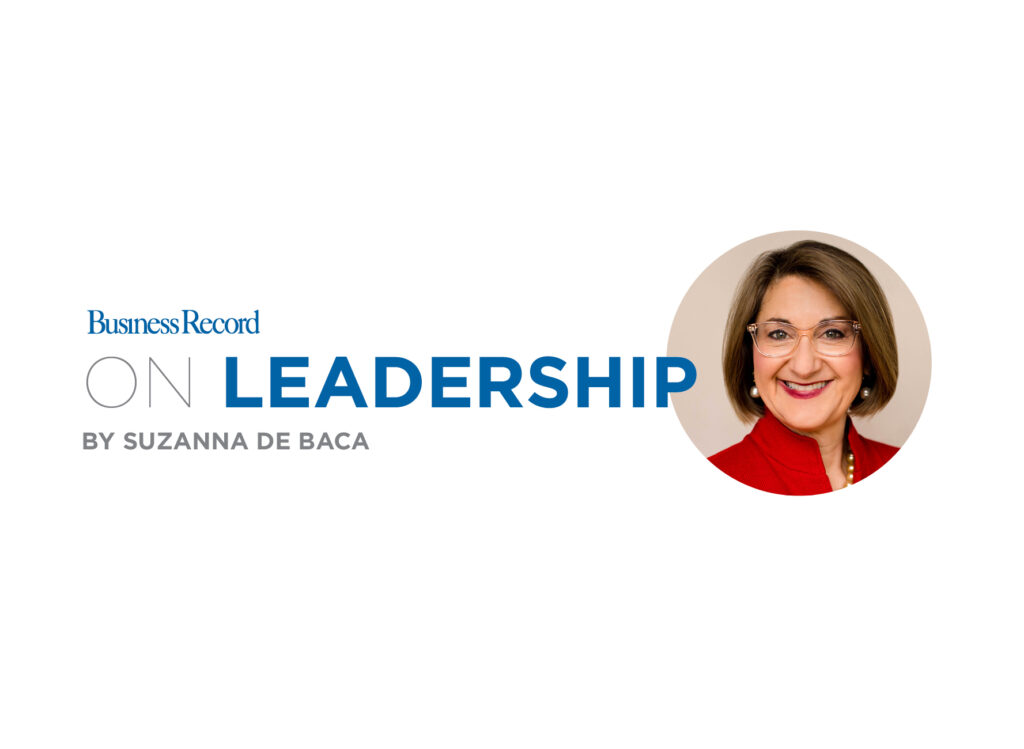Shake hands with success

Congratulations on getting that job interview. The economy still isn’t very good and companies aren’t hiring much, but here’s your chance to impress.
Polish your presentation skills. Wear your best suit. And make sure to work on your handshake, because in some cases, it could be the difference in getting the job.
A study we performed at the University of Iowa’s Henry B. Tippie College of Business provided data that reinforced what we already suspected: Handshakes are one of the most important parts of a job interview. Studies have shown that interviewers make up their minds about a candidate within the first minute or two of the interview, and a good handshake is a big part of creating a good first impression.
In our study, we utilized the mock job interviews that the university’s career services office arranges for undergraduates. The sessions give students a chance to practice their interview skills with real employers in the Iowa City-Cedar Rapids area so they’re polished and prepared when the time comes to interview for actual jobs.
We also surreptitiously had those students meet with a separate group of trained handshake raters who acted as greeters or escorts. These handshake raters scored each student on the strength of their grip, and then asked the interviewers to score each student on their hireability. When we compared those two scores, we found a direct correlation between those who had better handshakes and those whom the interviewers considered the most hireable.
The handshake, we found, sets the tone for the interview. Interviewers probably don’t consciously remember a person’s handshake or whether it was good or bad, but it is one of the first non-verbal clues we get about the person’s personality.
The handshake also sets us apart from other candidates. Job seekers are so heavily trained in interview skills that we all talk, dress, answer questions and act alike to some degree. But the handshake seems to be more individual and subtle, so it may communicate something that dress or physical appearance doesn’t.
Generally, we found students who are more extroverted scored high on the handshake, so they also scored better with the interviewers because of greater ease with small talk, eye contact and other social skills. Those who are less gregarious have weaker handshakes and were less impressive.
We also found that women benefit more than men from having a good handshake.
So what makes a good handshake? We found these elements are most important:
• A good, firm grip on the palm, not a weak grasp of the fingers, but not so strong it causes pain.
• A vigorous, up-and-down movement lasting 2 or 3 seconds.
• Solid eye contact. That’s something that is important in every business setting.
Greg Stewart is a professor of management and organizations at the University of Iowa’s Henry B. Tippie College of Business.






